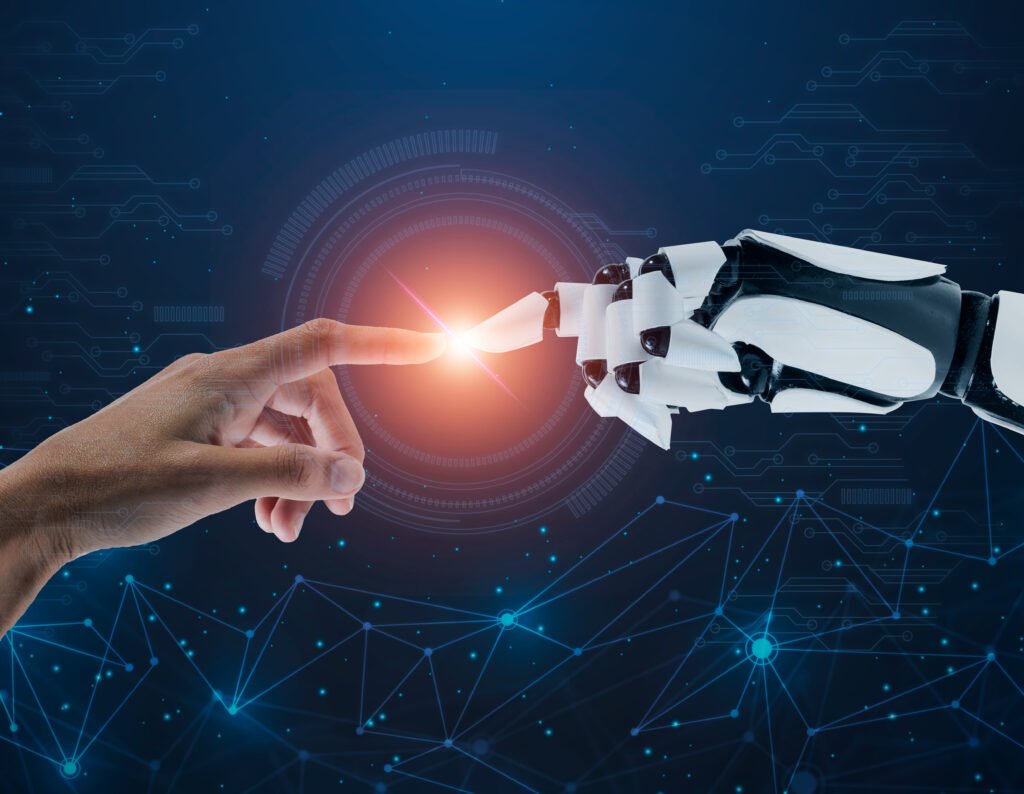Introduction to Cybersecurity and its importance
Cybersecurity has become an essential aspect of our digital lives. With the increasing reliance on technology and the rise of cyber threats, it is crucial to protect our sensitive information from malicious actors. The field of cybersecurity focuses on safeguarding computer systems, networks, and data from unauthorized access, damage, or theft. As technology continues to advance at an unprecedented pace, so do the methods employed by cybercriminals. This necessitates constant innovation and adaptation in the field of cybersecurity.
The Role of Artificial Intelligence in Cybersecurity
Artificial Intelligence (AI) has emerged as a game-changer in the realm of cybersecurity. AI refers to the ability of machines to mimic human intelligence and perform tasks that typically require human cognitive abilities.
In the context of cybersecurity, AI can be leveraged to analyze vast amounts of data, detect patterns, and identify anomalies that may indicate a potential security breach. This empowers organizations to proactively identify and mitigate threats before they can cause significant harm.
How AI is revolutionizing threat detection and Response
One of the primary challenges faced by cybersecurity professionals is the sheer volume of data that needs to be analyzed to identify potential threats. Traditional methods of threat detection often fall short due to their limited capacity to process and analyze this data effectively.
This is where AI comes into play. With its ability to analyze large datasets quickly and accurately, AI can identify subtle patterns and indicators of potential threats that may otherwise go unnoticed. By leveraging machine learning algorithms, AI can continuously learn and adapt to new threats, ensuring that organizations stay one step ahead of cybercriminals.
AI-powered security analytics and monitoring
AI-powered security analytics and monitoring systems are designed to continuously analyze network traffic, logs, and other data sources in real time. By applying machine learning algorithms, these systems can detect and flag any suspicious activities or anomalies that deviate from normal patterns.
This allows cybersecurity teams to respond swiftly and effectively, minimizing the potential impact of cyber-attacks. Furthermore, AI-powered analytics can provide valuable insights into the root causes of security breaches, enabling organizations to implement targeted remediation strategies.
Enhancing authentication and access control with AI
Authentication and access control mechanisms are critical components of any cybersecurity strategy. Traditional methods, such as passwords and two-factor authentication, are prone to human error and can be easily compromised.
AI can introduce a higher level of security by implementing advanced authentication techniques, such as biometric recognition and behavioral analysis. By analyzing user behavior patterns, AI can identify anomalies and flag suspicious activities, thereby preventing unauthorized access to sensitive information.
AI-driven behavioral analysis for identifying anomalies
One of the key advantages of AI in cybersecurity is its ability to analyze user behavior and identify anomalies that may indicate a potential security breach. AI-driven behavioral analysis can detect deviations from normal patterns, such as unusual login times, access attempts from unknown devices, or abnormal data transfer activities. By identifying these anomalies in real time, organizations can take immediate action to prevent potential threats from escalating.
The future of AI in cybersecurity
The future of AI in cybersecurity holds great promise. As AI continues to evolve and improve, it will play an increasingly crucial role in defending against sophisticated cyber attacks.
The integration of AI with other emerging technologies, such as machine learning, big data analytics, and cloud computing, will further enhance the effectiveness of cybersecurity measures. AI will enable organizations to detect, prevent, and respond to cyber threats in real time, ensuring the security and integrity of their digital assets.
Challenges and concerns with AI in cybersecurity
While AI offers significant benefits in the field of cybersecurity, some challenges and concerns need to be addressed. One major concern is the potential for AI systems to be manipulated or deceived by malicious actors. Adversarial attacks, where cybercriminals attempt to trick AI systems into misclassifying data, pose a significant threat.
Additionally, the ethical implications of AI in cybersecurity, such as privacy concerns and the potential for bias, need to be carefully considered and addressed to ensure the responsible and ethical use of AI technology.
Conclusion:
In conclusion, the future of cybersecurity lies in harnessing the power of Artificial Intelligence. AI has the potential to revolutionize threat detection and response, enhance authentication and access control mechanisms, and provide valuable insights into cybersecurity analytics.
However, it is crucial to recognize and address the challenges and concerns associated with AI in cybersecurity. By embracing the power of AI while also ensuring its responsible and ethical use, we can build a secure digital future that protects our information and safeguards our digital life.











